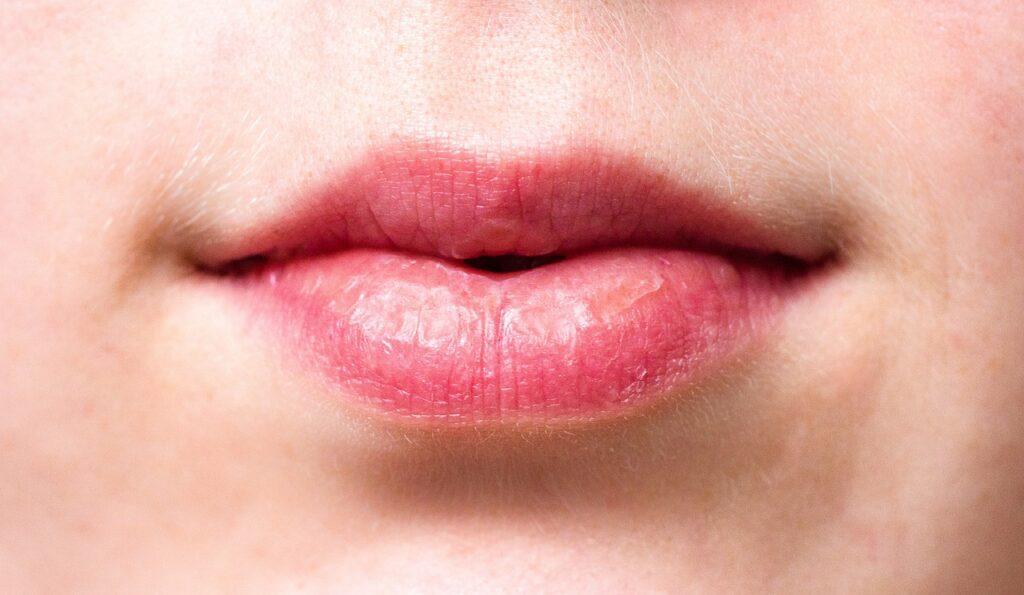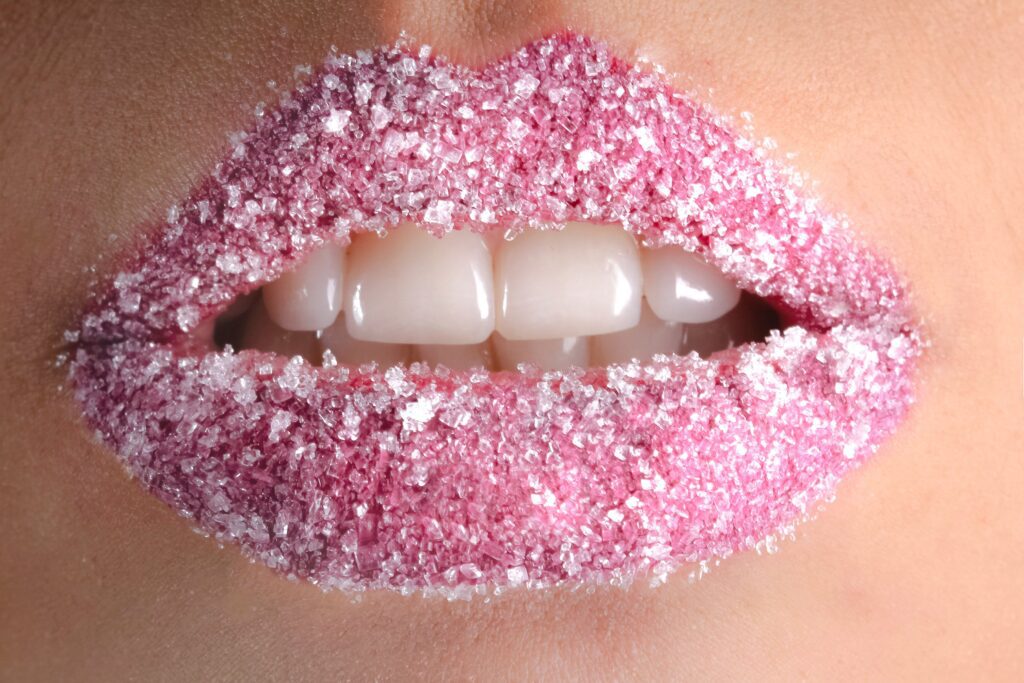Dry mouth is a condition in which the salivary glands do not produce enough saliva. Read the blog for detailed understanding:-
Highlights:
- The majority of the world’s population (about 10%) suffers from dry mouth.
- It is not a disease but a side effect or symptom of any condition.
- It has many causes and possible treatment options.
- You can also opt for home remedies.

Saliva plays an important role in lubrication, moisture, and oral hygiene. Moreover, it also helps in chewing and swallowing food. When you don’t have enough saliva in your mouth, it can lead to dry mouth and irritation.
A condition in which the salivary glands do not produce saliva is called (dry mouth) or xerostomia or cotton mouth syndrome. It is a symptom or side effect rather than a condition itself. About 10% of the world’s population suffers from xerostomia.
In this blog post, we will understand dry mouth, its causes, symptoms, and treatment options. We will also share some home remedies that you can use to relieve the symptoms of xerostomia.
Dry Mouth (Xerostomia):
It is a condition in which the salivary glands do not produce enough saliva. Salivary glands are located under the tongue, in the mouth, and throat. They produce saliva that serves several roles, including:
- Preventing tooth decay.
- Aiding in chewing and swallowing.
- Washing off food particles.
- Aiding in digestion.
- Limiting bacterial growth.
Low saliva production has a major impact on general health. Moreover, it also affects the health of the gums and teeth, as well as your appetite and ability to taste food. If you experience severe dry mouth, it is advisable to consult a general physician as soon as possible.
Fact: Dryness could be more severe at night than during the day because less saliva comes out of the mouth at night.
Causes of Dry Mouth:
Many short-term or long-term conditions can cause dry mouth. Also, it can be a side effect of some things happening in your life. Some major causes associated with dry mouth are:
Medications:
- Hundreds of medications, including antihistamines, decongestants, antidepressants, and some blood pressure medications, can cause dry mouth as a side effect.
- Many over-the-counter (OTC) medications can cause dryness in mouth. Check the medicine leaflet to see if the medicine causes dryness or not.
Sjögren’s Syndrome:
- Sjogren’s Syndrome is an autoimmune disease affecting salivary glands, sweat glands, and eyes. Dry mouth is a symptom of Sjogren’s Syndrome.
Lifestyle Factors:
- Unhealthy activities such as smoking, drinking alcohol, or consuming too much caffeine can lead to dry mouth.
- Methamphetamine, a drug, can damage teeth and cause severe dry mouth (called “Methmouth”). If you smoke, try to cut down, as it not only dries out your mouth but also causes other health problems.
Old Age:
- Older people take more medications than adults, leading to dryness in their mouth. Additionally, their body’s ability to process drugs changes with age.
- Poor nutrition and other long-term health problems can also cause xerostomia. About 25% of older people have xerostomia (dry mouth).
Cancer Treatment:
- Cancer treatments in the upper head or neck, such as radiotherapy or chemotherapy, can cause dry mouth.
- Radiation to the neck or head area can affect the salivary glands, temporarily reducing saliva production.
Neurological Damage:
- Facial nerve damage can impair salivary gland function, reducing saliva production.
Medical Conditions:
- Certain medical conditions such as diabetes, amyloidosis, AIDS, cerebral palsy, primary biliary cirrhosis, Parkinson’s disease, and lupus can cause dry mouth.
- Dehydration is another factor that can cause dryness in mouth. Drink plenty of water to avoid health problems.
- A study on the prevalence of xerostomia showed that women experience more dry mouth than men.
Infection:
- Viral or bacterial infection of the salivary glands can cause restricted saliva production, such as mumps.
Fact: Women (27.3%) experience more dryness in mouth than men (21.3%).
Dry Mouth Symptoms:
Symptoms of dry mouth (xerostomia) include:
- Throat
- Difficulty swallowing and speaking
- Bad breath
- The tongue sticking against the ceiling
- Dry or chapped lips
- Difficulty tasting food
- Mouth ulcers
- Wearing of the teeth
- Burning or stinging sensation in the mouth
Treatment of Dryness in Mouth:
Treatment for xerostomia depends on the underlying condition. Common treatment options recommended by doctors are:
- Use over-the-counter saliva substitutes.
- Practice good oral hygiene.
- Use dental products (mouthwash, gum, topical gel).
- Antibiotics or other medications.
- Surgery (in case of salivary gland obstruction).
- Other treatments (if there is another underlying medical condition).
Tip: Sugar-free gum can also help with saliva production.
Home Remedies :
Everyone wants a miracle cure for dry mouth. Whether you suffer from dryness in mouth at night or in the morning, the following home remedies can help:
- Drink more water.
- Use a humidifier.
- Squirt a few drops of aloe or glycerin in the mouth.
- Use an alcohol-free mouthwash like Biotin Dryness in Mouth.
- Suck on sugar-free candy or gum.
- Avoid dry, salty, and spicy foods.
- Take papaya tablets.
Tip: For temporary relief, have a sip of sugar-free candy or water.
Complications:
Possible risks and complications of include:
- Tooth decay
- Difficulty sleeping
- Difficulty chewing and swallowing
- Gum disease
- Oral thrush
- Difficulty concentrating
- Mental stress
Last Words: Xerostomia is a common condition that affects millions of people worldwide. If your mouth is constantly dry, do not ignore it. In this case, consult the best general physician to handle the situation.
Conclusion:
To sum it up, dealing with dryness in mouth, or xerostomia, is essential for keeping your mouth healthy and feeling good overall. This common problem, affecting about 10% of people worldwide, is not a standalone illness but a sign of various underlying issues.
Our saliva, made by the salivary glands, does a lot to keep our mouths comfortable and healthy. When there’s not enough saliva, as in cases of dryness in mouth, it can lead to different problems like dental issues, changes in taste, and overall discomfort.
The blog has covered a lot of reasons why someone might have dry mouth, from medications and autoimmune disorders to lifestyle choices, aging, and certain medical treatments. Recognizing symptoms like dry lips, trouble swallowing, and a burning feeling in the mouth is crucial, and seeking help from a doctor is important if these symptoms persist.
Treatment options vary, including over-the-counter products, good oral care habits, and specific dental items, depending on what’s causing the dryness in mouth. The blog also suggests practical things you can do at home, like staying hydrated, using a humidifier, and choosing the right foods.
Dryness in mouth can cause more than just discomfort—it can lead to issues like tooth decay, difficulty sleeping, and stress. Regular check-ins with a healthcare professional, especially a general physician, are recommended for those dealing with ongoing dry mouth.
Answering common questions about dry mouth, the blog assures readers that it’s usually not a sign of something serious. It also provides helpful tips on foods that can ease dryness in mouth and highlights the role of Vitamin A in saliva production.
In a nutshell, even though dryness in mouth is pretty common, understanding why it happens and what you can do about it empowers you to take control of your oral health. The blog encourages everyone to prioritize their well-being, seek advice from professionals when needed, and try out the suggested remedies to make dryness in mouth more manageable.




